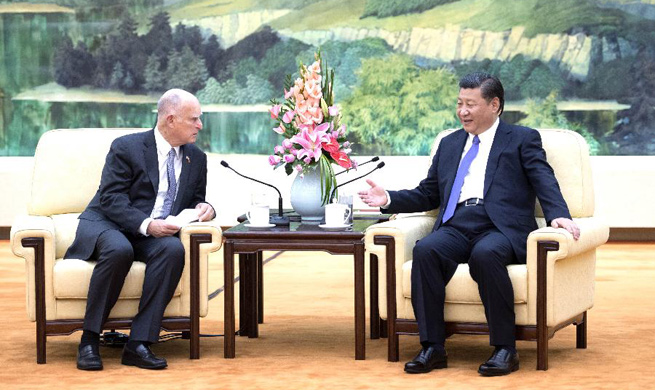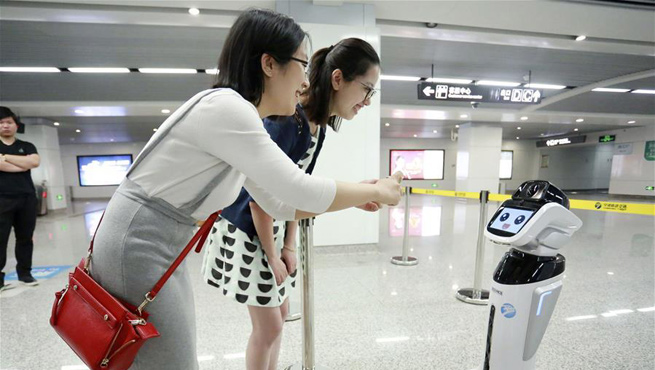RIGA, June 7 (Xinhua) -- Latvia's center-right government coalition is considering raising the social tax rate by one percentage point in order to provide money for the Baltic country's underfunded health sector, a lawmaker said on public radio on Wednesday.
The present rate of the social security contributions paid by employers is 23.5 percent, and those paid by employees, 10.5 percent.
Romualds Razuks, a Member of Parliament (MP) of the ruling center-right Unity party, said in the interview with the public broadcaster that raising the social tax rate would effectively create a mandatory health insurance system.
Razuks said a government working group that has been formed to tackle the health care funding issue was also discussing the possibility of raising the value added tax (VAT) to 22 percent from the current 21 percent.
Imants Paradnieks, an MP of the ruling right-wing National Alliance, noted that if the government chose to raise the social tax rate, it would also have to decide how to include in the insurance system those who are not employees and do not pay the social tax, such as small business owners who pay the so-called micro-enterprise tax.
Edgars Putra, an MP of the ruling centrist Greens and Farmers Union, said that his party also tended to support the proposal to provide the necessary health care funding by raising the social tax.
Latvian Health Minister Anda Caksa said that the proposed social tax hike would be sufficient to raise salaries for medical nurses and physicians next year, while a derogation granted by the European Commission and allowing Latvia to temporarily increase its budget deficit would provide an opportunity to reduce the time patients have to wait to receive scheduled health care services.
An Additional 500 to 600 million euros (562 to 674 million U.S. dollars) will be needed to fund Latvia's cash-strapped health sector during the next four years, but the tax reform which was agreed by the government in May does not provide a funding source for this purpose. The government then agreed to tackle the issue separately.
The solutions offered by the government working group include raising VAT or introducing a new health tax, but none of these proposals has received unanimous support so far.
















